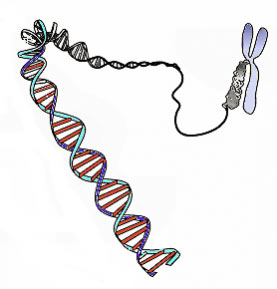
Mutation within the ADAM12 gene of the A Disintegrin and Metalloprotease family, or ADAM family and its function in breast cancer is possibly analyzed by the investigators. While thoroughly scrutinizing the gene, ADAM12 appeared to have the potential of providing more effective therapies and treatments. The gene apparently allowed the experts to understand the components of cancer in detail.
“Typically human cells have very little ADAM12 protein, but the abundance is suddenly very high in cancer tissue. When we look even closer, we find a very high level of ADAM12 expression in what we call cancer stem cells. Those cells are the most vicious as they drive the tumor growth,” explained Anna Zolkiewska, associate professor of biochemistry and research team leader.
It was mentioned that chemotherapy and radiotherapy are available that destroy tumors, but these therapies are unable to harm cancer stem cells. Such stem cells can only be destroyed probably by a surgical procedure. The scientists elucidate that either ADAM12 aids in re-growth of tumor or it does not. ADAM12 gene appears to be more complex because scientists are unable to ascertain the reason for it to mutate inside cancer tissue.
Zolkiewska said, “A tumor wants to grow, and from the point of view of the tumor, you want to invade and kill the patient. So you will first take care of those good guys, or those policemen inside the body who protect the patient. If ADAM12 is one of those good guys, the growing tumor wants to take it out of the picture.”
Further investigations will be triggered to show the merits of ADAM12 because mutation to the gene is assumed to kill ADAM12 protein. The investigators seemed to have noted a very high level of ADAM12 expression in cancer stem cells.
